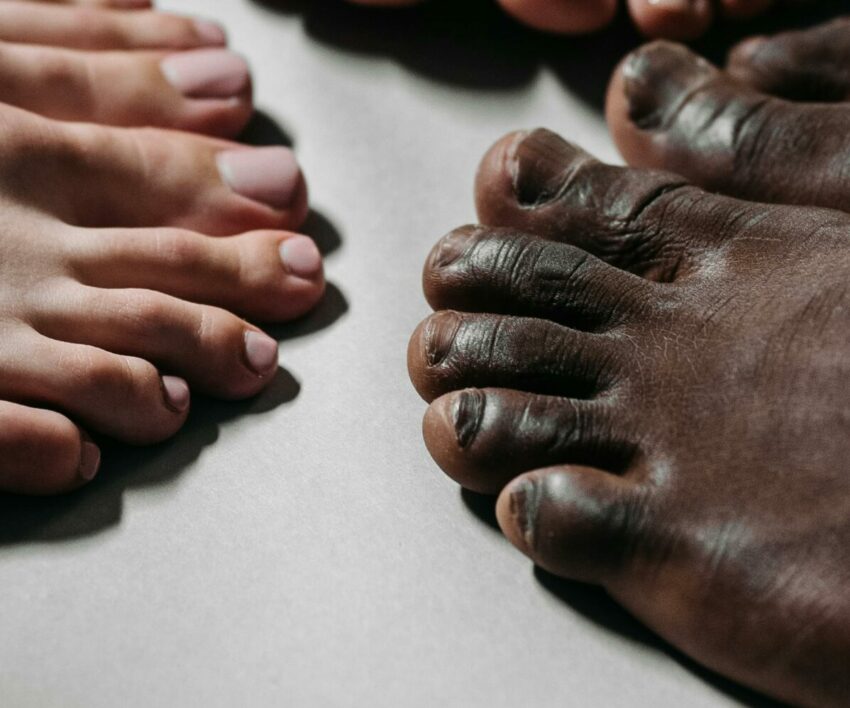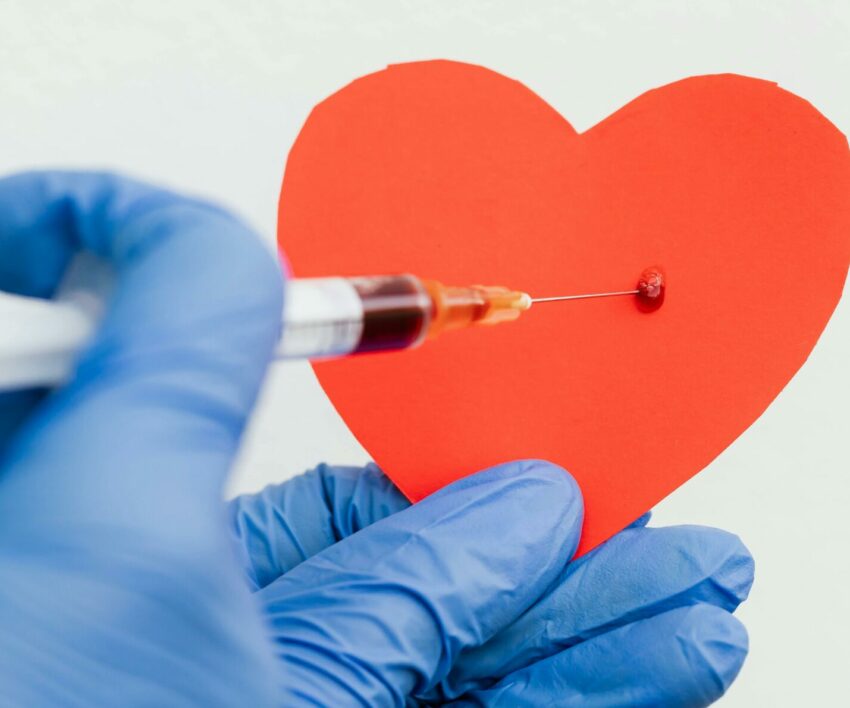picture: pexels
Those painful, pesky cracks that seem to appear out of nowhere can make even the simplest tasks uncomfortable. You’ll be glad to know, though, that help is not far from your reach.
There are recommended home remedies that can help you restore your skin’s health without harsh chemicals.
The Very Well Health publication states that skin fissures are areas of cracked, dry skin that thicken over time, resembling tiny cuts or cracks. They are said to be common in dry areas like heels, fingertips, and between toes.
The above source mentioned that skin fissures are caused by xerosis (very dry skin) and can deepen and cause bleeding and infection if left untreated. “Fissures start out as small cracks and can get deeper, becoming more painful. You may notice a callus forming, especially if you have fissures on your heels. The thick callus may look yellow or dark brown.”
Weather, especially cold and dry conditions, can significantly impact the development of skin fissures, claims HealthShots. Dry air is believed to lead to irritability and cracking, and low humidity levels in colder regions worsen dryness.
HealthShots further claims that diabetes can cause skin fissures due to diabetic neuropathy, nerve damage in the feet, impaired sensation, dry skin, and an increased risk of cracking. “Additionally, diabetic neuropathy can impede the body’s capacity to sweat, resulting in dry skin and a higher risk of cracking.”
According to the Mayo Clinic, you can treat skin fissures by moisturising them twice a day with thick moisturisers, which may contain skin-softening agents. Before bed, it is advised that you soak your feet, rub with a loofah or foot scrubber, and apply oil-based cream or petroleum jelly.
“Don’t ignore dry, cracked heels, as over time you may develop deeper fissures, which increases your risk of infection. If self-care measures don’t help, talk with your doctor about other treatment options.”
Medical News Today explains that to help heal fissures, you need to clean and gently exfoliate callused areas, protect the skin from irritants, avoid prolonged standing or walking, and wear supportive shoes.
Drink plenty of water, eat a balanced diet, wear breathable clothing, avoid sandals in public pools, and use an air humidifier if dry air is contributing to dry skin, the publication further advises.










